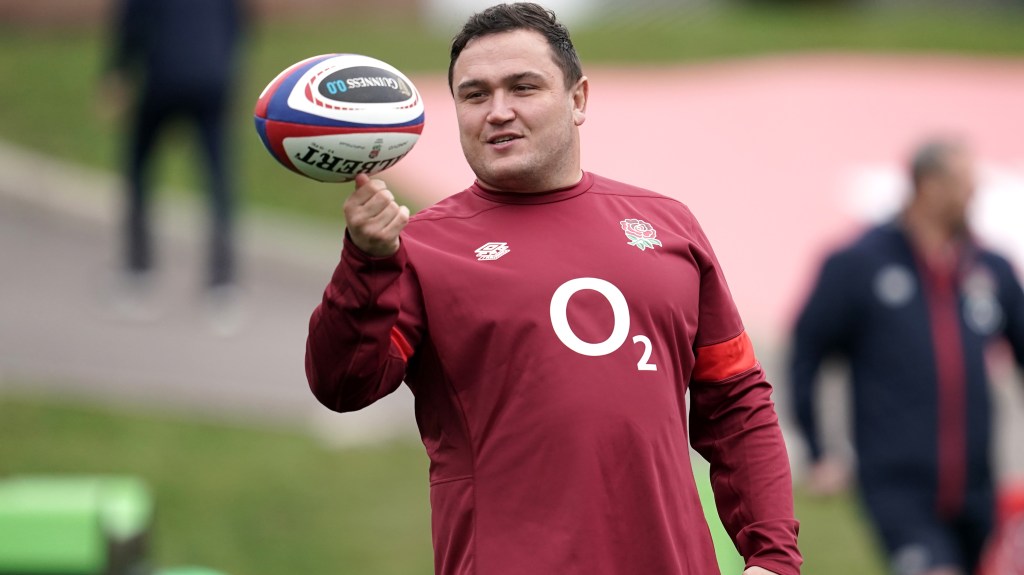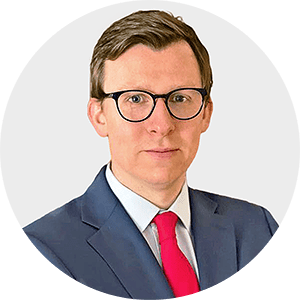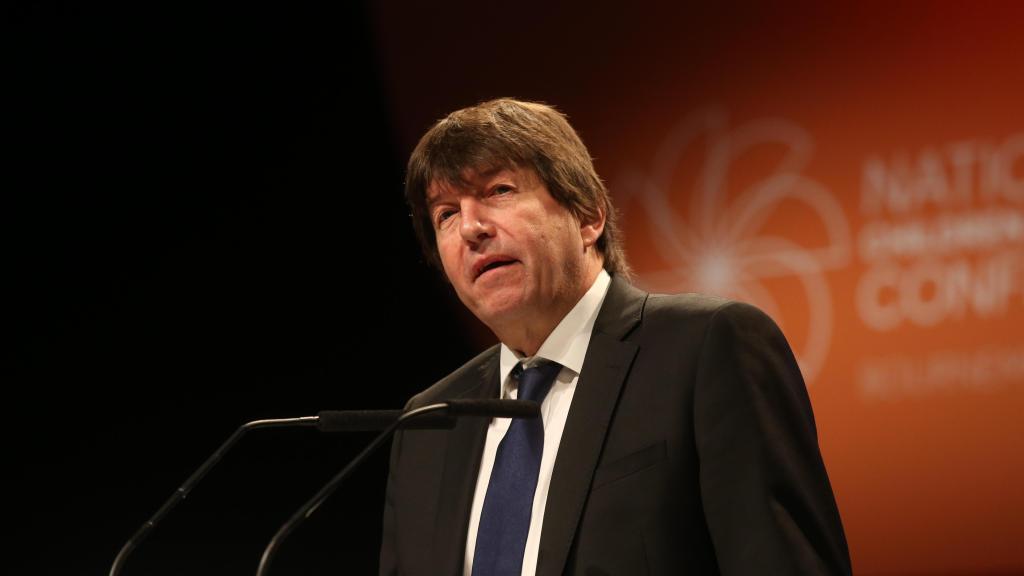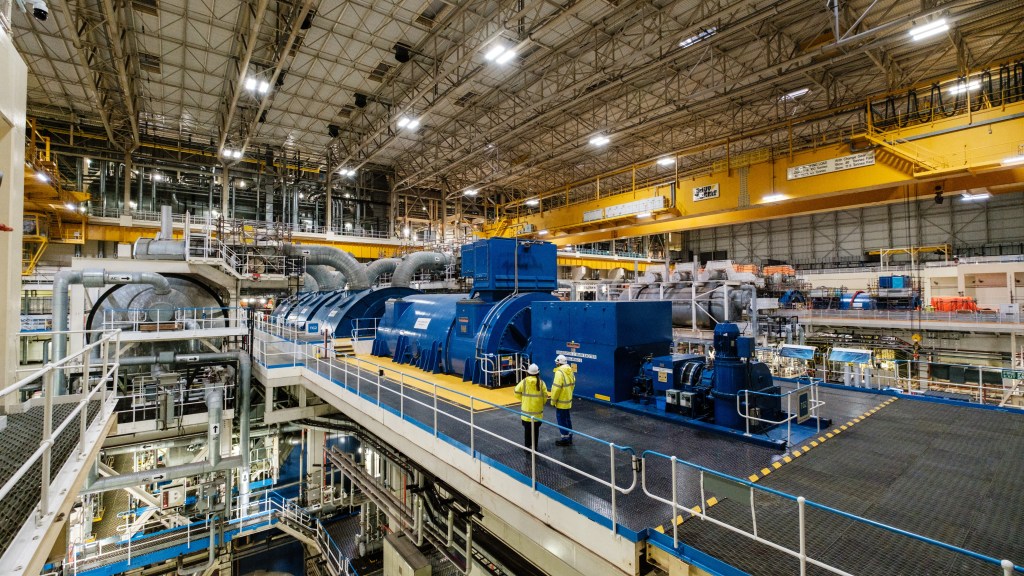Jamie George’s Vision: Transitioning from Rugby to Business Success
Each time Jamie George steps into his Harpenden-based physiotherapy clinic, nostalgia washes over him. It was in this Hertfordshire location that the England rugby captain enjoyed his first date, back when it was part of the Prezzo dining chain. Today, it stands as one of nine branches of Carter & George, his emerging physiotherapy business.
“That relationship didn’t last long,” George laughed, reflecting on his childhood just five minutes away. “But it feels surreal to see our names on the door now.”
For the 34-year-old England hooker, the establishment of Carter & George marks a significant pivot in his career, though he remains committed to rugby. Today, he is set to earn his 97th cap for England as he leads the squad against Japan at Twickenham’s Allianz Stadium. George is eager to turn around the team’s recent stretch of three defeats in the autumn international series.
George has contemplated his future beyond rugby for quite some time. He co-founded Carter & George with his childhood friend Rhys Carter in 2017, even before securing a spot in the England starting squad.
“The aim is to provide the same quality of care I receive as a professional athlete to the general populace, including strength and conditioning, shockwave therapy, and ultrasound scans,” George explained.
He has invested £105,000 of his personal funds into the business. Last year, Carter & George, which generally charges between £50 and £60 for a 30-minute session, secured additional financing from small business lender Funding Circle to support ambitious plans for expanding to 30 clinics within five years. The practice has grown from three to nine clinics, primarily in the home counties, and while George refrains from disclosing specific financial details, he indicates that the business is currently profitable.
His parents, both educators, instilled in him the importance of looking beyond a career in sports. Though professional rugby players of George’s level earn substantial salaries, it’s not sufficient for a comfortable retirement, particularly given the salary cap in English club rugby.
“We have lived our passion our whole lives, but I have witnessed many players retire and struggle because they were unprepared for what life would entail post-rugby, especially in terms of the time available once they stopped playing,” he noted. “I aspire to expand this business after my rugby career; the concept of being an entrepreneur intrigues me greatly.”
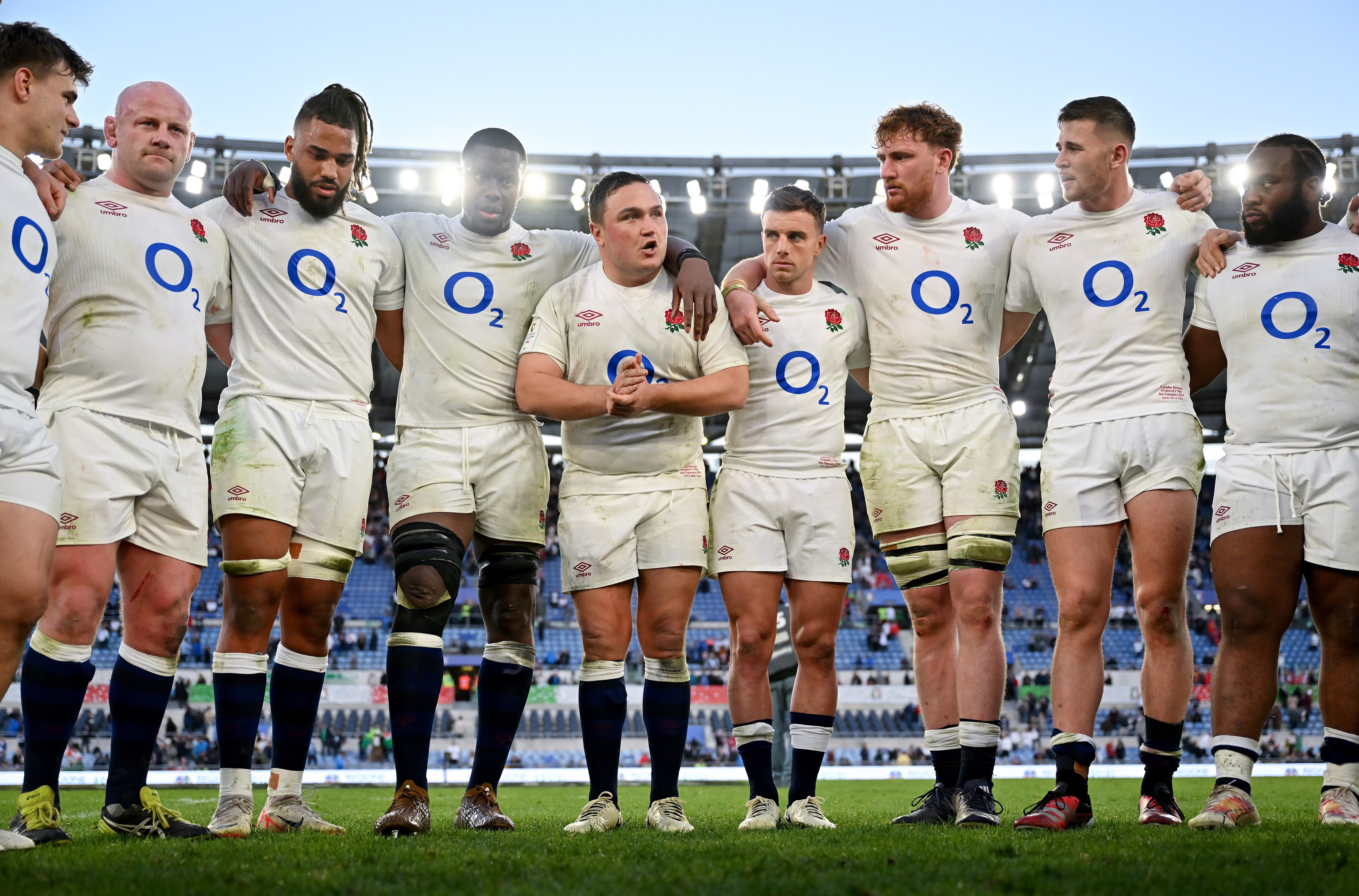
To refine his post-rugby aspirations, George collaborated with David Jones, the personal development manager at Saracens, his club. He drew motivation from former teammates Alistair Hargreaves and Chris Wyles, who established the craft beer brand Wolfpack Lager, and from Brad Barritt, co-founder of Tiki Tonga coffee roasters.
“Witnessing the joy and passion they derived from their ventures beyond rugby was inspiring,” George stated. “I admired them not only as players but as individuals and aimed to emulate their success.
He regards George Kruis and Dominic Day as exemplary rugby players who have thrived in the business world. They launched the supplements brand fourfive, which is now available at retailers including Sainsbury’s and Holland & Barrett.
Additionally, Josh Lewsey, a World Cup-winning fullback, deserves mention for his successful transition to finance, currently overseeing Teneo’s Asia-Pacific division.
George has maintained an impressive fitness level, thanks in part to shockwave therapy that aids injury prevention.
Apart from his demanding international commitments, George dedicates one day a week to business development, focusing on scouting new locations for his clinics. Though he leads the business, he is not a trained physiotherapist and does not provide treatment, despite numerous client requests.
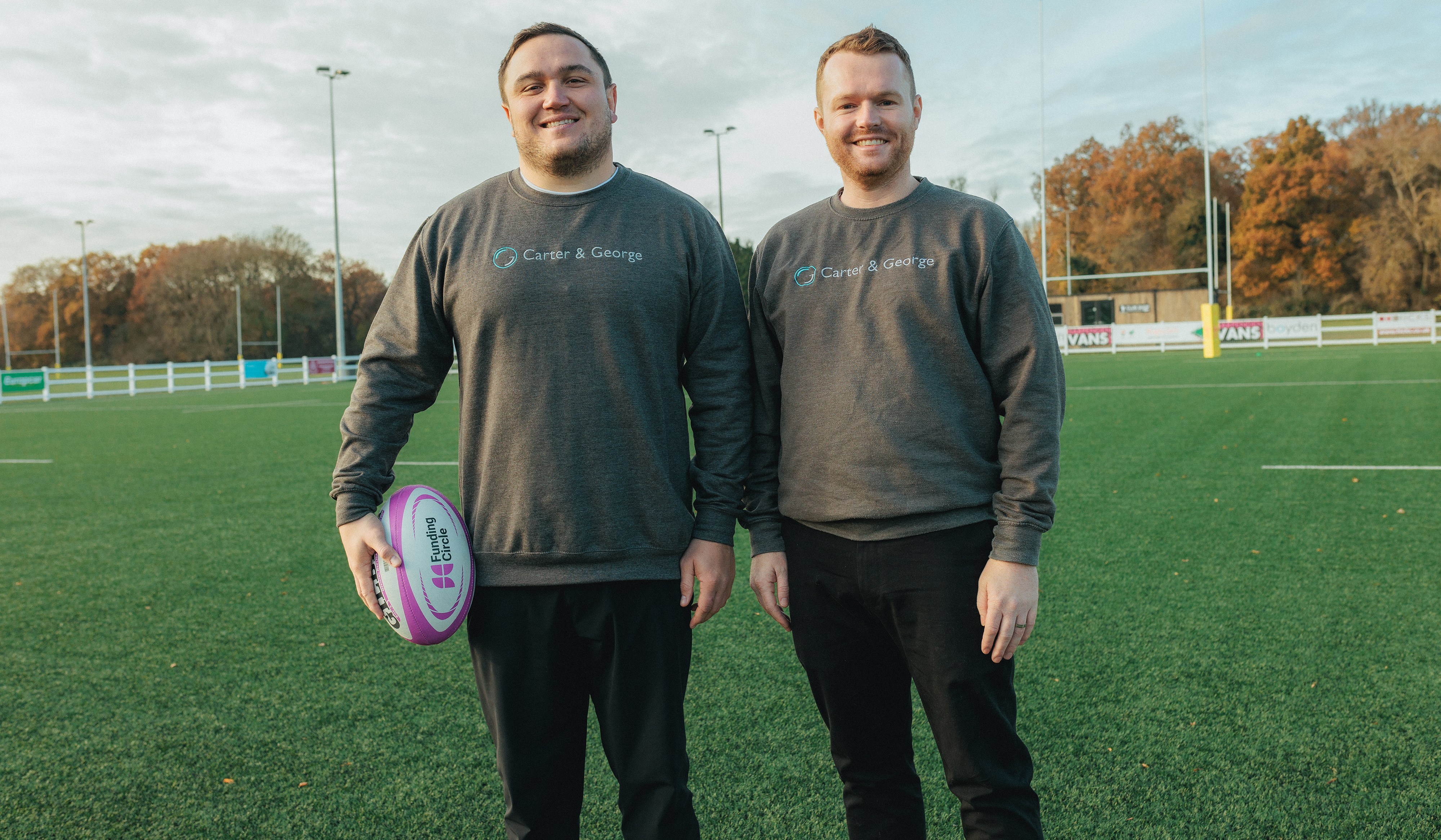
He intends to leverage his reputation and connections to facilitate on-site treatments for employees within corporate offices. George believes more companies will start incorporating gym and physiotherapy facilities as perks for their workforce, aligning with a culture that values high performance and rewards perseverance. “I come from a club that emphasizes exceptional treatment, but it demands hard work in return, and I share that philosophy,” he affirmed.
While George is enthusiastic about the prospect of focusing on Carter & George full-time, he isn’t ready to fully depart from rugby.
“I don’t think I’m prepared to leave the game completely, but I’m uncertain about what that future entails,” he admitted. He is contemplating coaching or exploring opportunities in sports media.
In the meantime, George aims to continue playing rugby at the highest level for several more years, needing only three more test caps to join an elite group as the seventh English player to reach 100 caps. His entrepreneurial dreams can wait a little longer.
